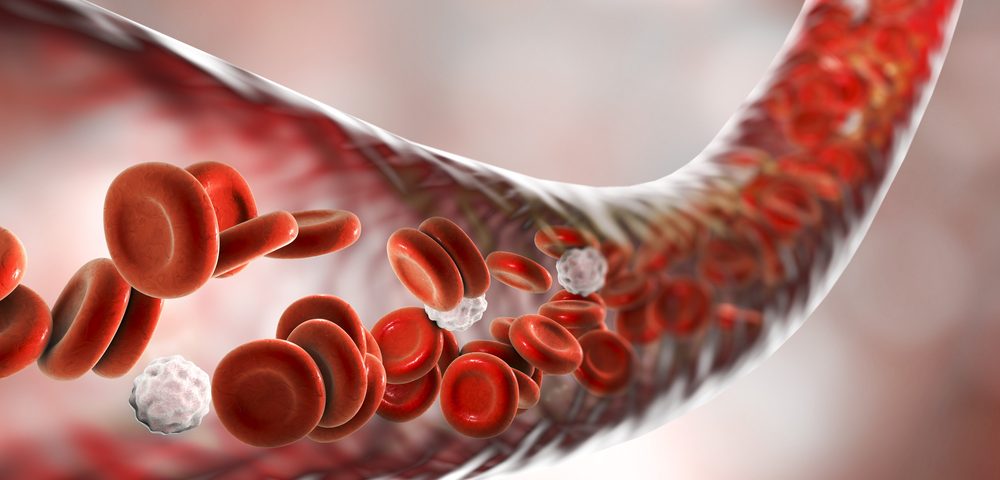CRISPR might not work in people
There is enormous interest and excitement surrounding the CRISPR-Cas9 genome editing tool and its potential for enabling a new era of precision gene therapy. A new report examining human blood samples has turned up a surprise: most people could be immune to arguably the biggest advance in genetic engineering of recent times.

With the first clinical trials, outside China, scheduled to begin later this year (for patients with beta globin mutants linked to beta thalassemia and sickle cell disease) a sobering new report has emerged that may may put the breaks on further clinical use. Results for Charlesworth et al. suggest that the majority of humans may have preexisting immune responses to one of the major components of the system - Cas9.
CRISPR relies on the Cas9 nucleases found originally in the bacteria Staphylococcus aureus and Streptococcus pyogenes. These these two bacterial species cause regular human infections. Now it turns out that the majority of humans may have preexisting antibodies to the CRISPR Cas9 homologs from these common bacteria.
The Charlesworth et al. study, as MIT Technology Review summarized, examined the blood of 12 adults and 22 newborns for antibodies to Cas9 proteins from Staphylococcus aureus and Streptococcus pyogenes. They found antibodies for S. pyogenes in 65 percent of donors and antibodies for S. aureus in 75 percent—and nearly half of the donors had CD4+ T-cells that specifically targeted Cas9 homologs from S. aureus.
The immunity could not only limit the effectiveness of CRISPR, but also “create safety concerns”.
Read more: Identification of Pre-Existing Adaptive Immunity to Cas9 Proteins in Humans